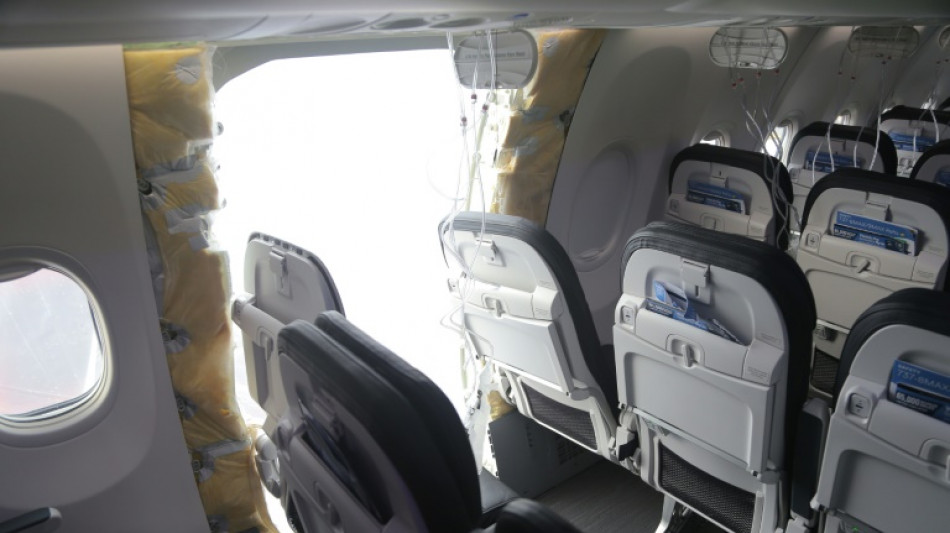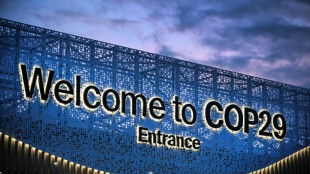

Frustration in the air: Boeing delays hang over aviation meet
Back-slapping over record passenger figures is tinged with frustration at the airline trade body's annual meeting as carriers lament years-long delays to deliveries of new Boeing aircraft.
Headline projections of nearly five billion passengers and close to $1 trillion in revenues this year, both records, were reasons for celebration at the IATA annual general meeting in Dubai.
But the figures would have been stronger without the problems facing Boeing, one of the two major aircraft suppliers along with Airbus, whose safety and manufacturing standards are under the spotlight.
"It is suppressing growth at the moment, without question," said International Air Transport Association director general Willie Walsh, explaining that delivery delays had been "factored in" to the annual estimates.
Last week, Boeing, at the centre of a number of safety incidents, announced more inspectors and improved benchmarks under a "roadmap" demanded by US regulators.
The US aeronautics giant has faced intense scrutiny following manufacturing problems and damning testimony from whistleblowers.
On January 5, a Boeing 737 MAX 9 operated by Alaska Airlines made an emergency landing after a fuselage panel blew out mid-flight. The jet was only delivered in October.
The same model had been grounded after two accidents linked to design defects in 2018 and 2019 which left a total of 346 people dead.
Boeing also suffered production problems last year on the 737 and the long-haul 787 Dreamliner, while deliveries of the 777X are expected in 2025 -- six years behind schedule.
- 'Pride of engineering' -
Dubai's state-owned Emirates airline, which placed a massive order of 205 777Xs for tens of billions of dollars, has been particularly hard-hit by the delays.
"For me, this will be a five-year hiatus (for Boeing) starting from now... to get the production levels back," Emirates president Tim Clark told Bloomberg.
Walsh said delivery delays were also being seen from Airbus, Boeing's European rival, at a time when many carriers are eager to renew or expand their fleets as the industry roars back post-pandemic.
"I think it's the cause of quite a lot of frustration," he said. "Many airlines see opportunities to expand their network, want to provide services to new destinations that can't, because they can't get the new aircraft."
Boeing is at a crossroads after the departure of CEO Dave Calhoun was announced in March. His successor has not been announced.
"Whoever runs Boeing needs to restabilise the pride of engineering which Boeing is known for," said Lufthansa CEO Carsten Spohr.
"The industry needs Boeing... nobody wants less competition," he added.
Scott Kirby, who heads United Airlines, agreed that Boeing needs to get back to its strengths.
"They are one of the best technology, engineering, quality companies in the world," he said. "But they, I think, let the short-term financials take primacy."
Vik Krishnan, an aeronautics specialist with consultancy McKinsey, testified to "exasperation" among airlines.
It "ultimately shows that there is an unmet demand (for travel) and that there is no easy solution," he told AFP.
As Airbus shares many suppliers with Boeing, and some of their problems, it's a major bottleneck for an industry during a period of major expansion.
"It's not good news that Boeing is in the situation it is in, including for Airbus," said Jerome Bouchard, partner at management consultancy Oliver Wyman.
D.Serrano--ESF




